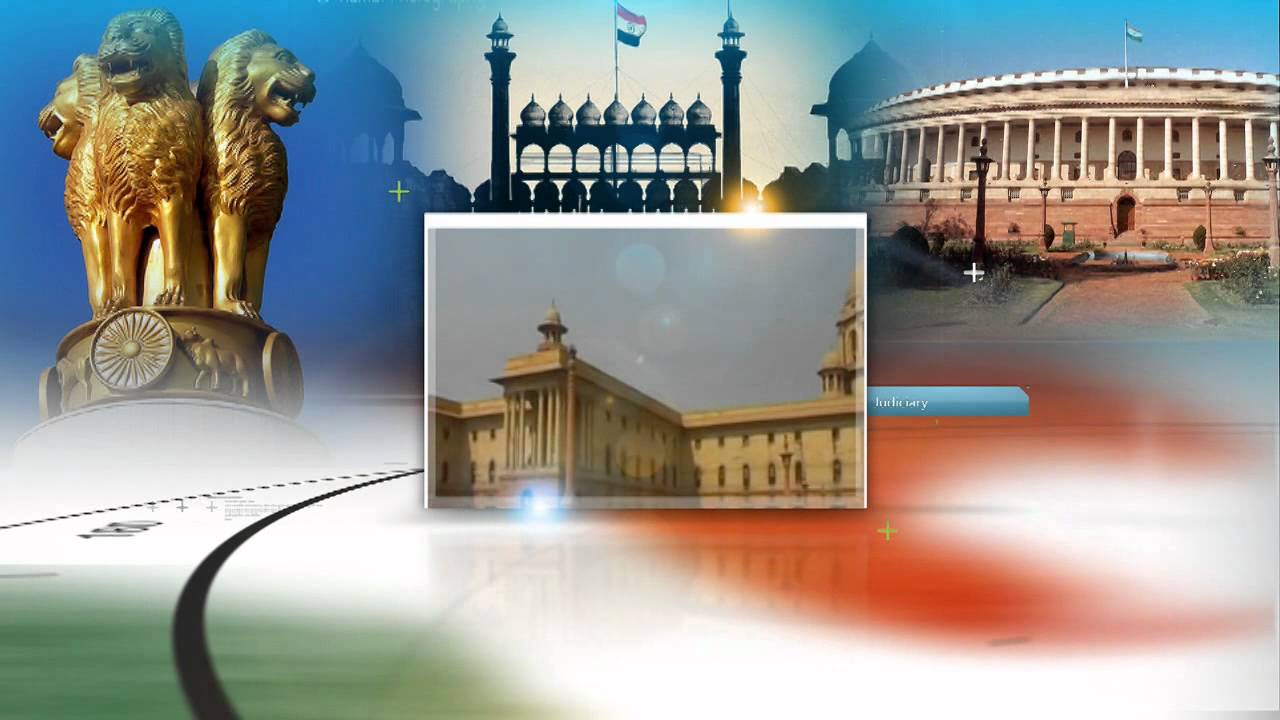Font size:
Print
Arya Samaj
Context: 150th Anniversary of the foundation of the Arya Samaj.
Arya Samaj: Foundation and Core Objectives
- The Arya Samaj is a Hindu reform movement founded by Swami Dayananda Saraswati on 10 April 1875 in Bombay (now Mumbai).
- It aimed to revitalise Hinduism by promoting monotheism and the authority of the Vedas as the ultimate source of knowledge.
- Swami Dayananda sought to eradicate social evils such as caste discrimination, idol worship, child marriage, and Sati, while advocating for widow remarriage, women’s empowerment, and education.
- The movement emphasised rationalism, equality, and universal brotherhood, encapsulated in its ten principles that encourage truthfulness, social justice, and the progress of humanity.
Dayanand Saraswati:
- Dayanand Saraswati (1824–1883), originally named Mool Shankar Tiwari, was a Hindu philosopher, social reformer, and founder of the Arya Samaj.
- His early education focused on Sanskrit and Vedic scriptures, but his spiritual journey took a transformative turn at the age of 14.
- Witnessing a mouse nibbling offerings at a Shiva idol during Shivaratri led him to question idol worship and reject ritualistic practices.
- This incident marked the beginning of his lifelong mission to purify Hinduism by returning to Vedic principles.
- Dayanand renounced worldly life at the age of 21 and became a wandering ascetic, studying under various scholars and sages.
- Guided by his guru Virajanand Dandeesha, he delved into the Vedas and Upanishads, developing his philosophy rooted in truth, righteousness, and rationality.
- Satyarth Prakash (The Light of Truth): His seminal work outlined his philosophical views on the Vedas and criticised practices like idol worship and rituals. It remains one of the most influential texts for understanding Vedic philosophy.
- He was among the first to call for Swaraj (“India for Indians“) in 1876, inspiring leaders like Lokmanya Tilak during India’s independence struggle.
Revivalists vs Reformists in Colonial India:
- Revivalists, such as Arya Samaj and Ramakrishna Mission, sought to reconnect with India’s ancient traditions and scriptures to address contemporary issues. They emphasised returning to the spiritual roots of Hinduism, often using Vedic or Upanishadic teachings as a guide.
- Reformists, including Brahmo Samaj and Prarthana Samaj, were more inclined towards adopting modern values influenced by Western thought. They focused on eradicating outdated practices while introducing progressive reforms like women’s rights and secular education.
While both groups aimed at societal improvement, revivalists leaned towards preserving cultural heritage, whereas reformists prioritised modernisation and adaptation to new ideas. Together, these movements laid the foundation for India’s socio-cultural transformation during the colonial era.


